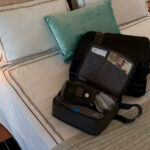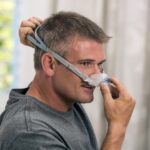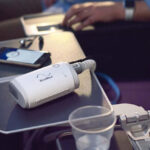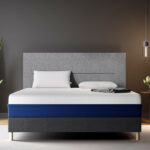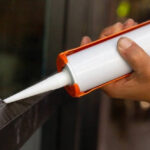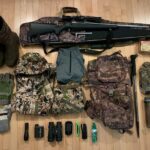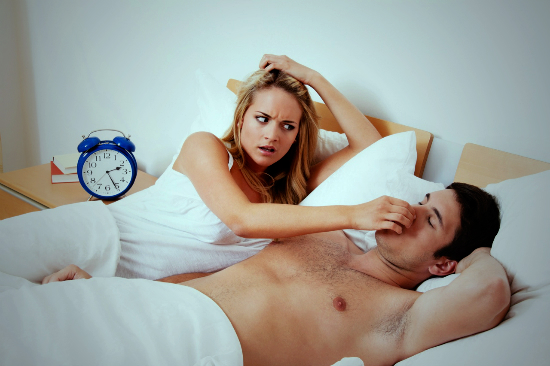
The best way to treat sleep apnea is by using CPAP masks. These devices are designed to provide continuous airflow at prescribed pressure. The pressure can be adjusted according to OSA symptoms and depending on the sleeping level and position. Almost all CPAP masks come with humidifier and features which help OSA patients adjust to the therapy easy. Depending on the manufacturer, CPAP masks differ in price, size, features and type. There are 3 types of CPAP masks, all designed with the same purpose – to provide constant airflow and prevent OSA symptoms.
- Apap – provides continuous airflow at various pressure levels
- Cpap – provides continuous airflow at constant pressure
- Bipap – provides continuous airflow using two different levels of pressure – one for inhaling and one for exhaling.
Which CPAP masks type will best work for you will depend on your symptoms. Thus, it is best to consult with a doctor to ensure best treatment. Aside from CPAP masks, there are things you can do to minimize the OSA symptoms and ensure your CPAP machine delivers satisfying results.
Eating Smart – Healthy eating is about quality and not quantity. Therefore, watch what you eat. Those few extra kilograms can really worsen your sleep apnea problem. Say goodbye to greasy, fatty and unhealthy junk food and load on fruits, vegetables and food that’s rich in vitamins, proteins and healthy fats. Also, do not eat at least 2 hours before going to bed. Eating right before bedtime will prevent you from falling asleep and you are more likely to wake up frequently during night.
Regularly Exercise – Implement a regular exercise routine. No need to hire a personal trainer. 45 minutes of fast walking or slow pace jogging daily is enough to boost your health and the quality of sleep.
Forget Nicotine – Did you know that nicotine is a stimulant? It can also irritate the soft tissue and cause swelling in the upper airway. This means that if you smoke before going to bed, you will have hard time falling asleep. Also, smokers are more likely to suffer from sleep apnea, so say goodbye to nicotine and say hi to good night sleep.
Reduce Caffeine Intake – As you know, caffeine is a strong stimulant, which means drinking a lot of coffee or caffeine product will speed brain activity and it will take you longer to fall asleep. Studies show that a human body needs 20-plus hours to break down caffeine. Therefore, avoid foods high in caffeine at least 6 hours before bedtime.
No Alcohol Before Bedtime – Alcohol and sleep are not really best friends. Contrary to popular belief that a glass of wine will relax the body, alcohol increases alertness. Therefore, try not to consume alcohol right before bedtime (at least 2 hours before going to bed).

